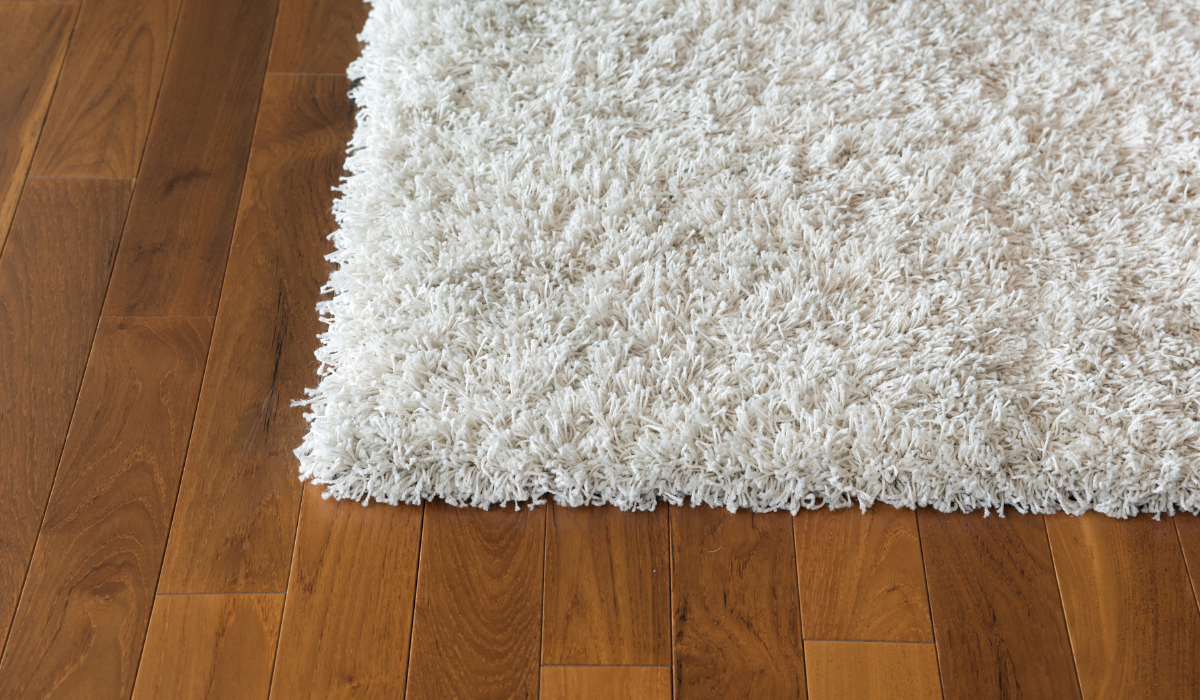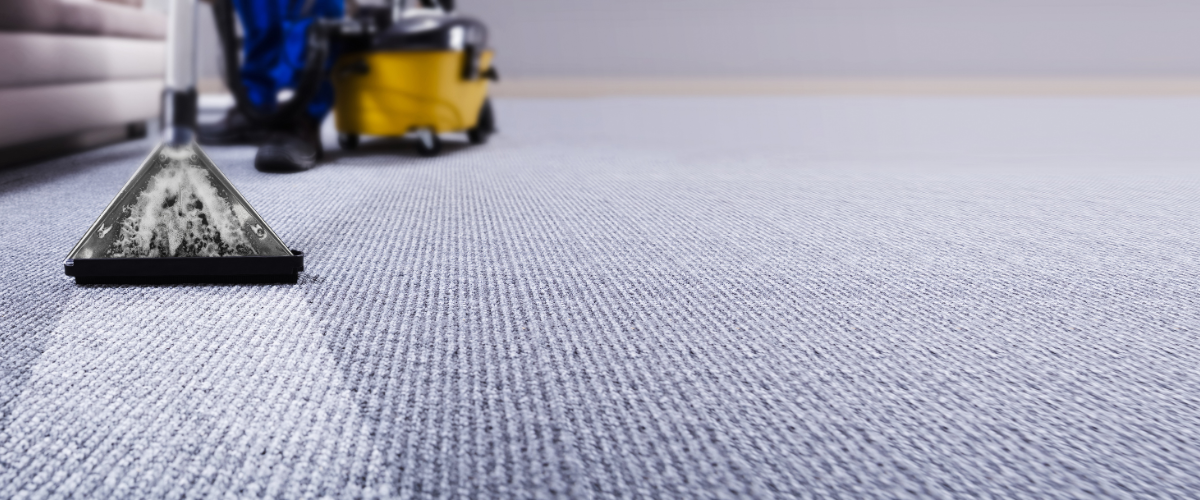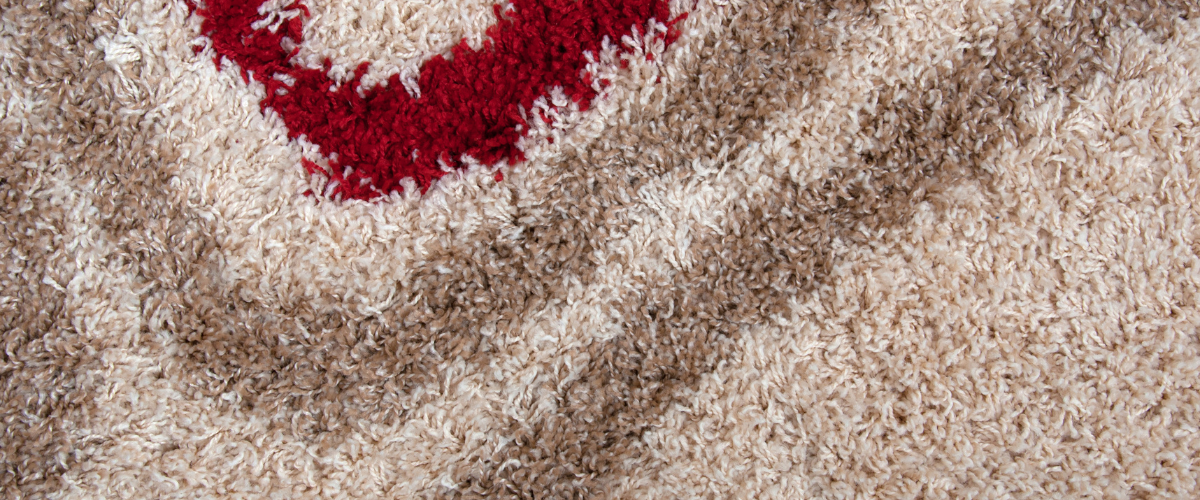When it comes to the end of a lease agreement, tenants have certain rights and responsibilities. One important aspect is the end of lease cleaning, which refers to the thorough cleaning of the rental property before handing it back to the landlord or property manager. End of lease cleaning tenant rights ensure that tenants are aware of their obligations and the standards expected for the cleanliness of the property. These rights protect tenants from being unfairly charged for cleaning expenses and serve as a guide to help them navigate the process smoothly. Understanding these rights is crucial for tenants to ensure a hassle-free transition out of their rental property.

Can a Landlord Charge for End of Lease Cleaning Even if the Property is Clean?
In some cases, a landlord may charge for end of lease cleaning even if the property is already clean. This can occur if there are specific terms in the lease agreement that require tenants to leave the property in a certain condition, which may include professional cleaning services. However, landlords must provide evidence and documentation to support these charges, such as before and after photographs or receipts for cleaning services. If the tenant believes the charges are unjustified, they have the right to dispute them and seek resolution through appropriate legal channels.

What are the consequences if a tenant fails to conduct end of lease cleaning?
If a tenant fails to conduct end of lease cleaning, there can be several consequences. Firstly, the landlord or property manager may withhold all or a portion of the security deposit to cover the cost of hiring professionals to clean the premises. This can result in financial loss for the tenant. Additionally, the tenant may receive a bad reference from the landlord, making it difficult to secure future rental accommodations. In some cases, the landlord may take legal action against the tenant to recover the costs associated with cleaning and repairing any damages caused. Therefore, it is crucial for tenants to thoroughly clean the rented property before the end of their lease to avoid these potential consequences.
Are tenants responsible for repairing any damages during the end of lease cleaning process?
In general, tenants are responsible for repairing any damages that occur during the end of lease cleaning process. This includes repairing or replacing items that were damaged or broken by the tenant or their guests, such as stained carpets, holes in walls, or broken appliances. It is important for tenants to thoroughly inspect the property before moving out and address any damages promptly to avoid potential deductions from their security deposit. However, it is worth noting that the specific responsibilities for repairs may vary depending on the terms of the lease agreement and local laws.
Is it necessary to hire professional cleaners for end of lease cleaning?
Yes, it is necessary to hire professional cleaners for end of lease cleaning. When a lease agreement comes to an end, tenants are usually required to return the property in the same condition as when they moved in. This includes thorough cleaning of all areas, from floors and walls to appliances and fixtures. Professional cleaners are experienced and equipped with the necessary tools and techniques to ensure that the property is cleaned to the highest standards. Hiring professionals not only saves time and effort but also ensures that the job is done properly, increasing the chances of getting the full security deposit back and avoiding any disputes with the landlord.
Can landlords increase the end of lease cleaning costs without prior notice to tenants?

In most jurisdictions, landlords are generally required to provide notice to tenants before increasing the costs of end of lease cleaning. This is typically outlined in the lease agreement or local tenancy laws. The purpose of this notification is to give end of lease cleaning tenant rights tenants an opportunity to plan and budget accordingly. However, specific rules can vary depending on the location, so it’s important for both landlords and tenants to familiarize themselves with the applicable laws and regulations to ensure compliance.

Are there any guidelines or regulations regarding the standard of cleanliness for end of lease cleaning?
Yes, there are guidelines and regulations regarding the standard of cleanliness for end of lease cleaning. These guidelines can vary depending on the specific jurisdiction or rental agreement, but generally, tenants are required to leave the property in a clean and well-maintained condition. This may include tasks such as dusting, vacuuming, mopping, cleaning appliances, removing personal belongings, and repairing any damages caused during their tenancy. Landlords or property managers often provide a checklist or set of standards that need to be met before returning the security deposit. Failure to meet these standards may result in deductions from the deposit or legal consequences.
Can a tenant negotiate the end of lease cleaning requirements with their landlord?
Yes, a tenant can negotiate the end of lease cleaning requirements with their landlord. In many cases, landlords may have specific cleaning requirements outlined in the lease agreement, but they are often willing to discuss and modify these conditions based on mutual agreement. Tenants can communicate their preferences or propose alternative cleaning arrangements to the landlord. Negotiating the end of lease cleaning requirements allows for a more flexible and fair resolution that meets the needs of both parties involved.

How can tenants dispute excessive or unfair charges related to end of lease cleaning?

Tenants can dispute excessive or unfair charges related to end of lease cleaning by following a few steps. First, they should carefully review the terms of their lease agreement and any documentation related to the cleaning requirements. They should gather evidence such as photographs or videos of the property’s condition at the time of move-out and compare it to the landlord’s claims. If there is a discrepancy, tenants should communicate with the landlord or property manager in writing, specifying their concerns and requesting a breakdown of the charges. If the issue remains unresolved, tenants can escalate the dispute by seeking guidance from a local tenant rights organization or filing a complaint with the relevant housing authority or small claims court.
Understanding Tenant Rights for End of Lease Cleaning
In conclusion, end of lease cleaning tenant rights play an important role in ensuring fairness and transparency between tenants and landlords. These rights help protect tenants from being unfairly charged for damages or cleaning expenses that are the responsibility of the landlord. It is vital for tenants to understand their rights and responsibilities in order to negotiate a fair resolution with their landlords at the end of their lease. By being aware of these rights, tenants can confidently assert their claims and seek remedies if necessary. Ultimately, end of lease cleaning tenant rights contribute to fostering a more balanced and respectful relationship between tenants and landlords, promoting a positive renting experience for both parties.

